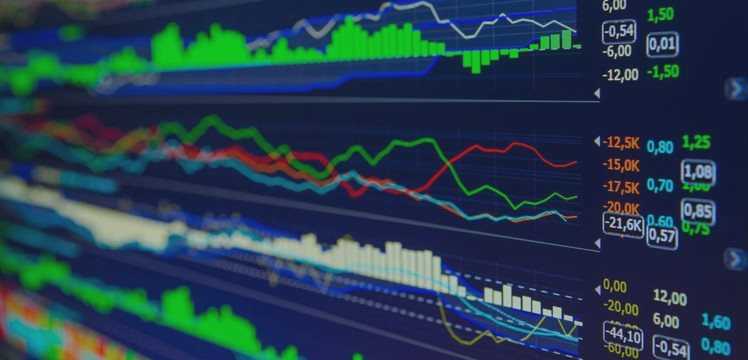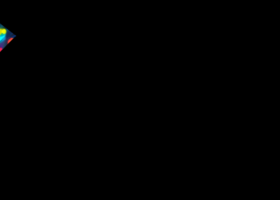Don't be intimidated or confused by terminology that seems to have
nothing to do with the assets themselves, like “spot”, “CFDs” or
“futures”. What you really need to know first is what asset is
underneath it. For example, you might want to buy Gold. You could buy
Spot Gold, the price of which will be the same as the physical asset
itself. You could buy a Gold CFD or Gold Futures, but the price
fluctuations are likely to be extremely similar.
The debate about CFDs vs Forex vs Futures is really a waste of time and not worth worrying about. Spot and CFD are essentially the same thing at this level. Differences in the price movements should only occur where a CFD is leveraged itself, which is not very common. Futures are a little different as they can be less liquid and their price is influenced more by market forecasts. The important thing is that you check how much each instrument costs you to trade.
There are two things which must be checked in order to calculate how much something costs to trade. First of all, check the typical spread (the difference at any time between the buy and the sell price). Add to this spread any additional commission that is charged. Then divide that sum by the current market price. You will have a percentage. Make these calculations for a few spot Forex currency pairs, a range of commodities, bonds, ETFs, stock indices etc. Go through the entire menu that your broker offers and compare the percentages you have calculated.
When it comes to Forex vs Futures vs CFDs, you will almost certainly find that the major spot Forex pairs are the cheapest to trade. It is likely that the more unusual the instrument, as a rule, the more expensive it will be for you to trade it. CFDs will probably be more expensive than spot Forex, and in turn ETFs will probably be more expensive than most CFDs. Unfortunately, the cost does not end there. Forex brokers also charge extra to hold most of these trades overnight, but very often do not advertise these charges explicitly on their website. If so, contact them and they should be happy to tell you what their rates currently are. Make the calculations again. You will then have a table of all the assets you are considering trading with the percentage cost you will pay per trade and per night. Keep these costs in mind.
If your Forex broker offers an Islamic Forex account, they will not charge you for holding trades overnight. However, they will almost certainly add to the spreads and commissions.
Deciding What to Trade
Now you are well positioned to consider what you want to trade beyond spot Forex, if anything. There are two major potential advantages to playing a wide field.
The true benefit to a retail trader in having a wide field of tradable assets lies in the ability it gives to pick and choose what to trade. You will get the most out of trading if you follow what is hot right now. One week it might be the Japanese stock market. The next week it might be EUR/USD. The month after that it could be Gold or Oil, or some more obscure asset that is best accessed through an ETF. Having an account with a Forex broker that offers all these different instruments means that you can always be where the action is and trade the “hot hand”.
Just don't be like the kid in the candy store and overdose on sugar! Remember also that some assets are going to cost you more to trade than others, so take the time to make those calculations and keep them in mind. If you have a choice of a few hot assets to trade, you can pick the ones that cost you less.
The debate about CFDs vs Forex vs Futures is really a waste of time and not worth worrying about. Spot and CFD are essentially the same thing at this level. Differences in the price movements should only occur where a CFD is leveraged itself, which is not very common. Futures are a little different as they can be less liquid and their price is influenced more by market forecasts. The important thing is that you check how much each instrument costs you to trade.
There are two things which must be checked in order to calculate how much something costs to trade. First of all, check the typical spread (the difference at any time between the buy and the sell price). Add to this spread any additional commission that is charged. Then divide that sum by the current market price. You will have a percentage. Make these calculations for a few spot Forex currency pairs, a range of commodities, bonds, ETFs, stock indices etc. Go through the entire menu that your broker offers and compare the percentages you have calculated.
When it comes to Forex vs Futures vs CFDs, you will almost certainly find that the major spot Forex pairs are the cheapest to trade. It is likely that the more unusual the instrument, as a rule, the more expensive it will be for you to trade it. CFDs will probably be more expensive than spot Forex, and in turn ETFs will probably be more expensive than most CFDs. Unfortunately, the cost does not end there. Forex brokers also charge extra to hold most of these trades overnight, but very often do not advertise these charges explicitly on their website. If so, contact them and they should be happy to tell you what their rates currently are. Make the calculations again. You will then have a table of all the assets you are considering trading with the percentage cost you will pay per trade and per night. Keep these costs in mind.
If your Forex broker offers an Islamic Forex account, they will not charge you for holding trades overnight. However, they will almost certainly add to the spreads and commissions.
Deciding What to Trade
Now you are well positioned to consider what you want to trade beyond spot Forex, if anything. There are two major potential advantages to playing a wide field.
The true benefit to a retail trader in having a wide field of tradable assets lies in the ability it gives to pick and choose what to trade. You will get the most out of trading if you follow what is hot right now. One week it might be the Japanese stock market. The next week it might be EUR/USD. The month after that it could be Gold or Oil, or some more obscure asset that is best accessed through an ETF. Having an account with a Forex broker that offers all these different instruments means that you can always be where the action is and trade the “hot hand”.
Just don't be like the kid in the candy store and overdose on sugar! Remember also that some assets are going to cost you more to trade than others, so take the time to make those calculations and keep them in mind. If you have a choice of a few hot assets to trade, you can pick the ones that cost you less.




